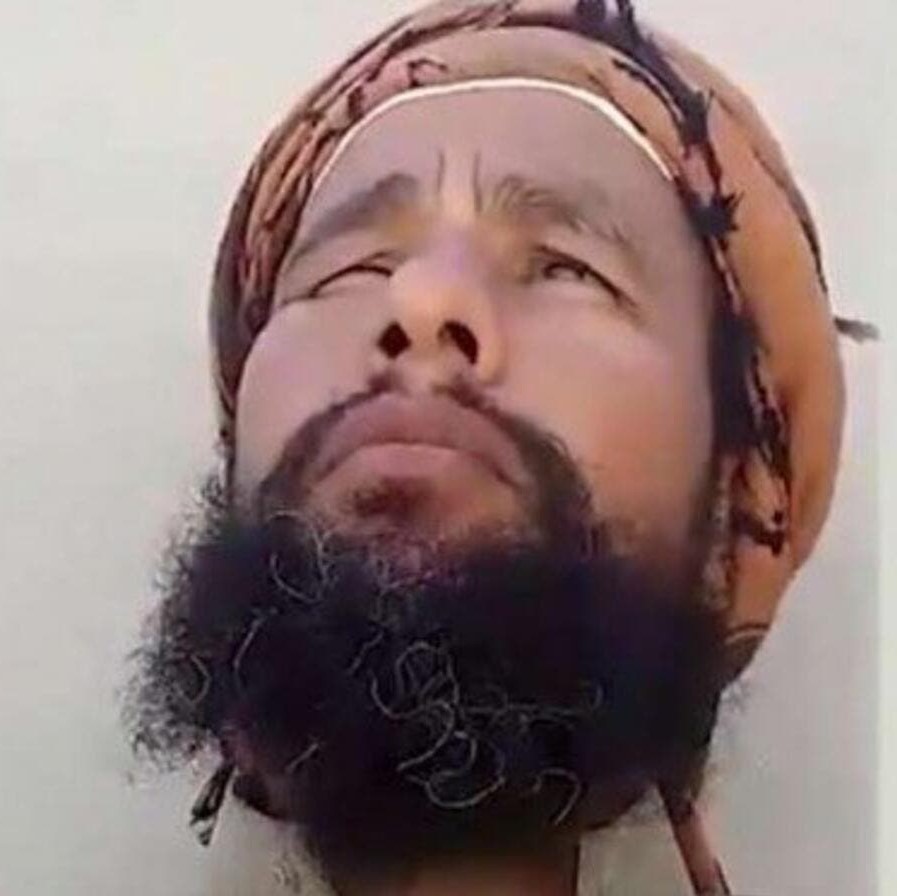Abdul Rahim Al Huwaiti, executed by Saudi special forces for protesting forced eviction
Timeline
August 10, 2020: Several UN mandate holders issue a letter to the Saudi authorities (AL SAU 11/2020) expressing grave concern over the death of Al Huwaiti.
June 9, 2020: MENA Rights Group and ALQST for Human Rights submit an allegation letter to the Special Rapporteur on extrajudicial, summary or arbitrary executions in relation to the death of Al Huwaiti.
April 13, 2020: Al Huwaiti is executed, in his home, by members of the Saudi special forces.
April 12, 2020: Al Huwaiti refuses to allow a land registry committee into his home and publishes a video on YouTube, criticising the forced eviction.
March 2020: The special forces arrive to raid the homes of those resisting eviction.
Mid-January 2020: Committees from the Social Development Department arrive to process the evictions.
January 1, 2020: Tabuk Emirate informs the residents of Al Khuraiba village that they will be relocated.
February 2018: Committees from the Justice Ministry start secretly issuing emergency acquisition orders on all land owned by private citizens falling within the boundaries of the NEOM project.
October 24, 2017: the Saudi authorities announce the commencement of the NEOM megacity project on the Red Sea.
April 2017: The Saudi Public Investment Fund acquires title to land close to the Red Sea, including the land on which Al Khuraiba village lies.Property transactions stop and rumours circulate of eviction.






